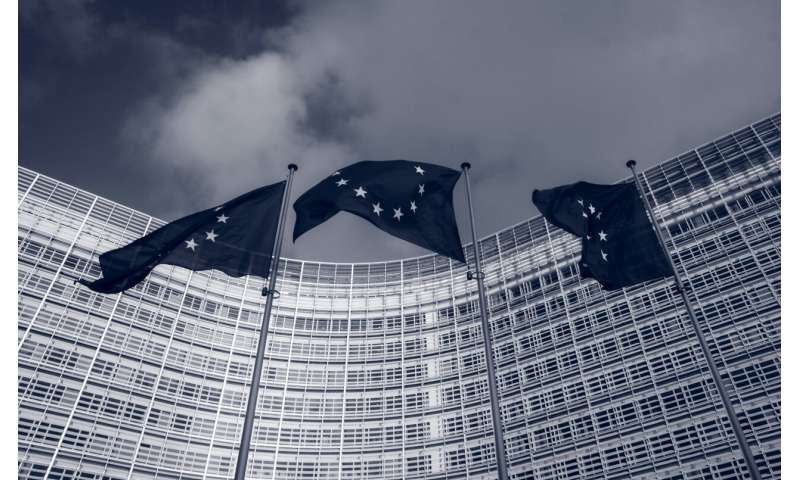JRC study unveils strategies for meeting EU plastic recycling targets

Prominent research by the Joint Research Centre (JRC) of the European Commission has provided valuable insights into the state of plastic recycling in the European Union.
The study, relevant to the ongoing PLASTICE project focused on new technologies for plastic recycling, highlights strategic actions that could prepare the EU to achieve its 2025 recycling targets.
In 2019, the EU recycled only 38% of total post-consumer waste, resulting in a recycling rate of approximately 17%. Despite these figures, the JRC suggests that the 2025 targets can still be met through targeted interventions. Proposed scenarios include a significant increase in the separate collection of plastic waste, projecting a 45% surge in recycled plastic consumption by 2025, reaching 6.47 megatonnes.
Key Insights:
The study primarily focuses on plastic recycling, specifically post-consumer plastic waste in the European Union (EU). It encompasses nine sectors (including packaging, construction, transport, agriculture, and electronics) and 10 polymers (including LD/HD-PE, PET, PP, PVC, PS), offering a comprehensive view of the plastic value chain in the EU. Packaging emerged as a key player, constituting around 40% of EU plastic production.
In 2019, 38% of total post-consumer waste, amounting to 28.8 megatonnes, was separately collected. However, a significant 13% share was mismanaged, with the transport and electronic sectors exhibiting the highest levels.
This analysis aligns with EU policies and actions, emphasizing the Circular Plastic Alliance's (CPA) target to expand the EU and UK market for recycled plastics up to 10 million tonnes by 2025.
Recommendations:
Increased separate collection: the analysis highlights the potential impact of a 30% increase in separate collection from packaging and a 25% increase from automotive and electronics. This scenario alone could lead to a 45% increase in recycled plastic consumption by 2025.
Strategic combining of actions: By combining reduced waste export and increased separate collection, and assuming high sorting and recycling rates, the research suggests meeting the CPA endorsed target.
Beyond packaging: While the packaging sector is a significant player, researchers encourage further exploration of less-explored sectors like textiles, clothing, fishing, and healthcare, emphasizing a more holistic approach to plastic recycling.
Enhanced data granularity: To meet EU ambitions and industry targets, the study calls for improved data granularity, particularly in less-explored sectors, coupled with in-depth knowledge of recycled plastics and waste flows.
In a pivotal role for advancing plastic recycling, the PLASTICE project spearheads breakthroughs in sorting technologies. Led by CTIC and CIRCE, these initiatives focus on predictive models and enhancements to traceability and sorting systems at demo sites. Digital tools, leveraging datasets and insights from collaborative partners, have completed the basic design phase, with the detailed design in its final stages. Experimental tests for a lab-scale, fully automated plastic sorting system using AI and hyperspectral imaging are underway. Concurrently, an AI-driven waste classifier, integrated with a semi-automated labelling app, is in development. The project also explores the feasibility of textile analysis using NIR scanners and hyperspectral sensors.
These advancements mark a significant stride towards a circular plastic value chain, aligning with the European Green Deal and the European Strategy for Plastics in a Circular Economy.
This research, a cornerstone in the journey towards a circular plastic value chain, aligns with the European Green Deal and the European Strategy for Plastics in a Circular Economy. By addressing hotspots and adopting a data-driven approach, the EU can propel itself towards a more sustainable and circular plastic future.
Provided by iCube Programme